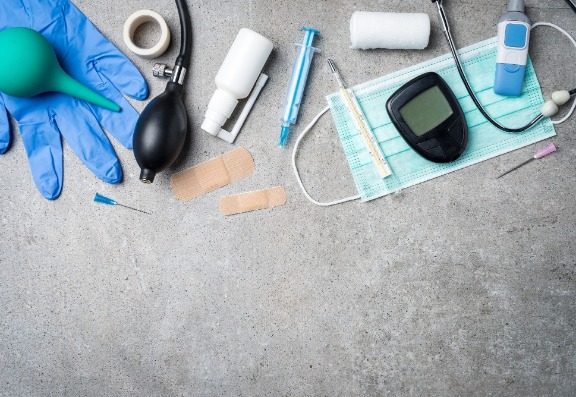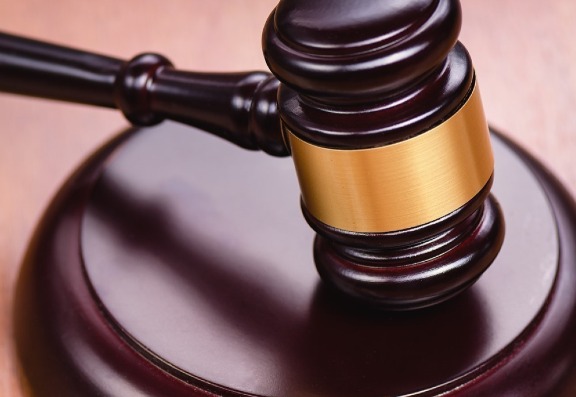A claim for damages for injury resulting from cosmetic surgery treatment may be brought in contract and/or tort. The patient may have a contract with the surgeon directly, in which case any claims that the surgeon has made in advertising about his level of skill and expertise may become terms of the contract unless they are obviously "mere puffs",
Where the patient has purchased their treatment through a clinic the contract may be with the clinic, but in my experience clinics will argue that their contractual obligation was merely to refer the patient to the surgeon who was an independent contractor for whom they are not liable. That is a moot point, to say the least. However, in this post I want to discuss how advertising by the clinic may be relevant to a claim in tort against the surgeon.
In the field of cosmetic surgery the position is less clear. Most cosmetic surgery is performed within the private sector as part of an industry where the providers are expected to make a profit. Some clinics use surgeons who live abroad and come to the UK for two or three month periods at a time to perform procedures.
Cosmetic surgery is surgery performed by a professional and therefore the Bolam test is applicable in assessing whether the surgeon has fallen below an acceptable standard of care and skill. If, in applying the Bolam test, the Court is considering whether a responsible body of neurosurgeons would have carried out a particular operation, then the field from which bodies of neurosurgeons come is easily identifiable - they all work or have worked in the NHS. They will probably all be on the appropriate specialist register with the GMC etc.

There is no GMC specialist register for cosmetic surgery. There is a specialist register for plastic surgery but no requirement that a practitioner performing cosmetic procedures has to be on the plastic surgery specialist register. There are reputable associations such as the British Association of Aesthetic Plastic Surgeons (BAAPS) but there are many practitioners performing cosmetic surgery who are not members of such associations.
So, what constitutes a "responsible body" of cosmetic surgeons? Is it a body of those surgeons who might typically perform cosmetic surgery in UK, or is it a body of surgeons who are on the plastic surgery register? Is it a body of practitioners who meet the standards expected of members of BAAPS or is it a body with lower level skills and standards but which satisfy the requirements of a competitive industry?

Whatever the answers to those questions, the Court is likely to be influenced by claims made by or on behalf of the surgeon who is being sued. Many clinics make claims about their surgeons. If a surgeon benefits from advertising by the clinic, then surely he or she has some responsibility for the content of that advertising. A patient might reasonably consider that a claim that "our surgeons are leaders in their field" or that a particular clinic is a "centre of excellence" for breast augmentation, is genuine: the standard of care and skill that a patient is entitled to expect from their surgeon working for such a clinic might well be higher than that of the ordinarily competent surgeon.
A quick internet search reveals that one clinic claims to use "some of the country's top cosmetic surgeons", another that its surgeons are "the best" and "internationally recognised", yet another that it provides "surgical excellence".
Try looking for yourself. I suppose not many clinics would advertise that their surgeons are "average"! The claims made in advertising may be true, but whether true or not, the patient is entitled to expect a standard of care consistent with those claims unless otherwise advised or unless no reasonable person would be expected to believe them.

Beyond the advertising, clinics make claims for their surgeons by other means including recommendations from the staff, many of whom have undergone surgery themselves (they are walking advertisements). The surgeons should make it their business to know what claims are being made on their behalf and, if necessary, to seek to correct their patients' expectations. Otherwise, they may find that the Courts demand of them a standard of skill and care which is beyond them.
Hey, wait!
Before you go.....
Let's stay in touch, pop your details here and we'll send our editor's hand-picked updates on your fave subjects.